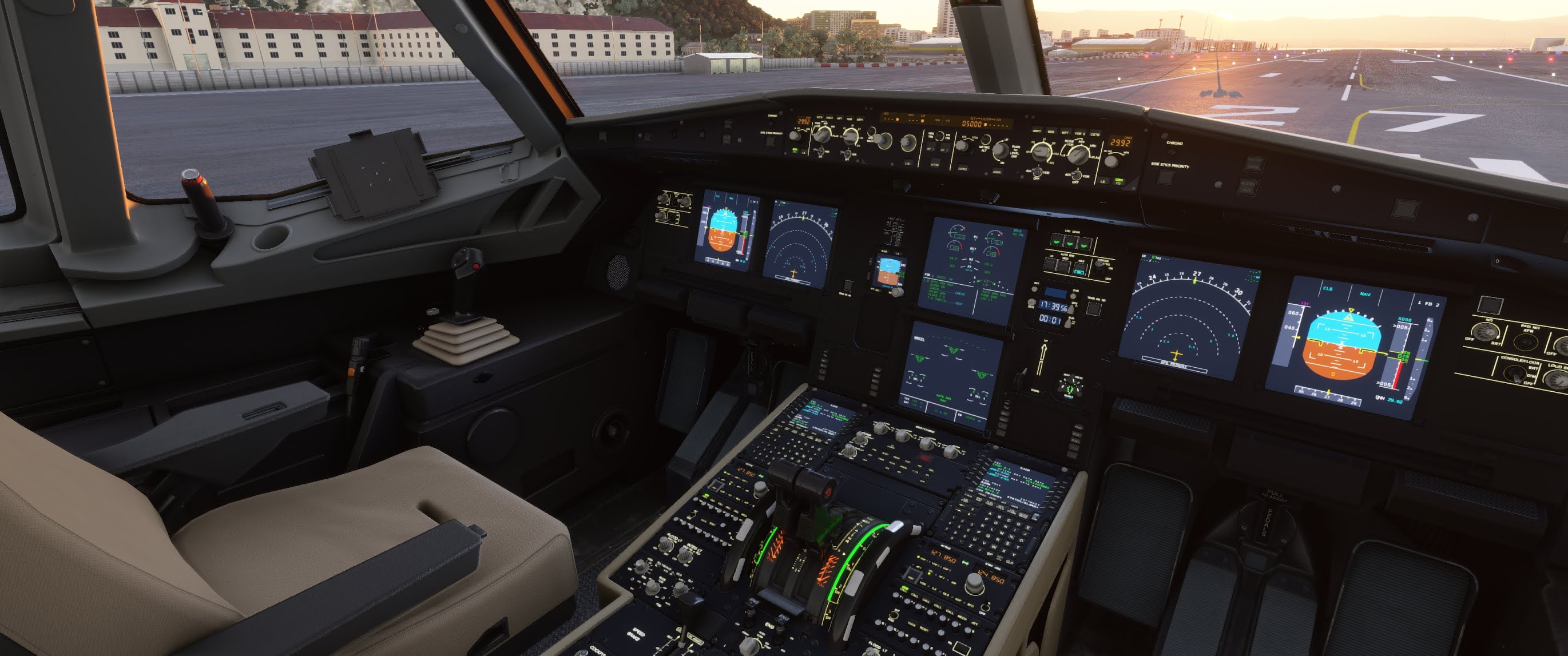The Challenge
Dashboard is led by a team of highly skilled and professional individuals. However, these c-suite members rarely work together and have limited face-to-face time with each other, meaning that a strong connection amongst the group had not fully developed.
As such, the company decided that a team development programme was required to establish a more collaborative relationship
between this group of individuals. After being recommended iPsychTec’s TeamScope programme, Dashboard engaged the firm to provide a bespoke experience that could address and overcome their challenges and deliver commercial benefits as a result.
iPsychTec’s TeamScope Approach
TeamScope programme features an exercise whereby participants learn how to fly a commercial plane together using a flight simulator. The experience is designed to test both the individuals and the group. By working to bring both elements together, the exercise helps to create a more functional and dynamic team that can deliver the results required of them.
Each Dashboard employee was assigned a particular cockpit task: monitor the fuel gauge, check the altitude, establish the flight path, and so on. Once familiar with the surroundings and their own individual roles, it was time for take-off, where each element needed to be considered as part of the whole.
For example, taking off and achieving the correct altitude quickly may be one goal, but if participants ascend too rapidly, they will burn fuel supply inefficiently and leave the plane short of fuel mid-air! With very little prior knowledge of flying (other than as passengers) it was a lesson in concentration and the need to work as a team. The group then rotated roles, flying in different situations, helping each other, communicating their own difficulties and lessons.
Where TeamScope really pushed the boundaries was by adding unexpected elements to the flight – something which is bespoke to each participant. For example, by simulating a fuel leak, success relies on the individual monitoring this one particular gauge to alert the rest of the crew and assess the best solution together. Should this be missed, the result would be a (simulated) catastrophe, but the business lesson is clear. In any commercial situation, the c-suite is often thrown a curveball, and it is only by working together that these challenges can become opportunities. Also, participants are encouraged to ask: if a curveball has been missed, why? Does one individual spend too much time focusing on another’s area of practice, or the big picture, rather than their own crucial piece of the puzzle?
Result
Using this innovative and engaging approach, TeamScope gives participants a more in-depth understanding of how each person performs in situations that are outside of their comfort zone. At the same time, it also establishes how different people can work together more effectively by showing that the performance of each individual is even more important when viewed in the context of the wider team.
Piers Corfield, CEO of Dashboard commented: “TeamScope changed our (working) lives in one day. Following on from personal appraisals undertaken by iPsychTec using their unique CultureScope tool, key lessons were then enacted on the flight deck and were subsequently translated into a business context in the ensuing debrief. Such insights will enable us to develop/refine all aspects of our management approach and communication systems, equipping us with the tools we need to leverage our team dynamics as a competitive advantage and deliver outstanding results.”
TeamScope was designed by Hani Nabeel, a behavioural scientist, and a trained airline pilot.
About Dashboard
Dashboard is an innovative industrial monitoring and control systems company that’s using new technologies to remotely monitor and control large-scale projects in manufacturing, utilities and energy. As the ‘Internet of Things’ continues to mature and develop, the company has the potential to grow significantly – but strong leadership and effective management will be essential to maximise this opportunity.


